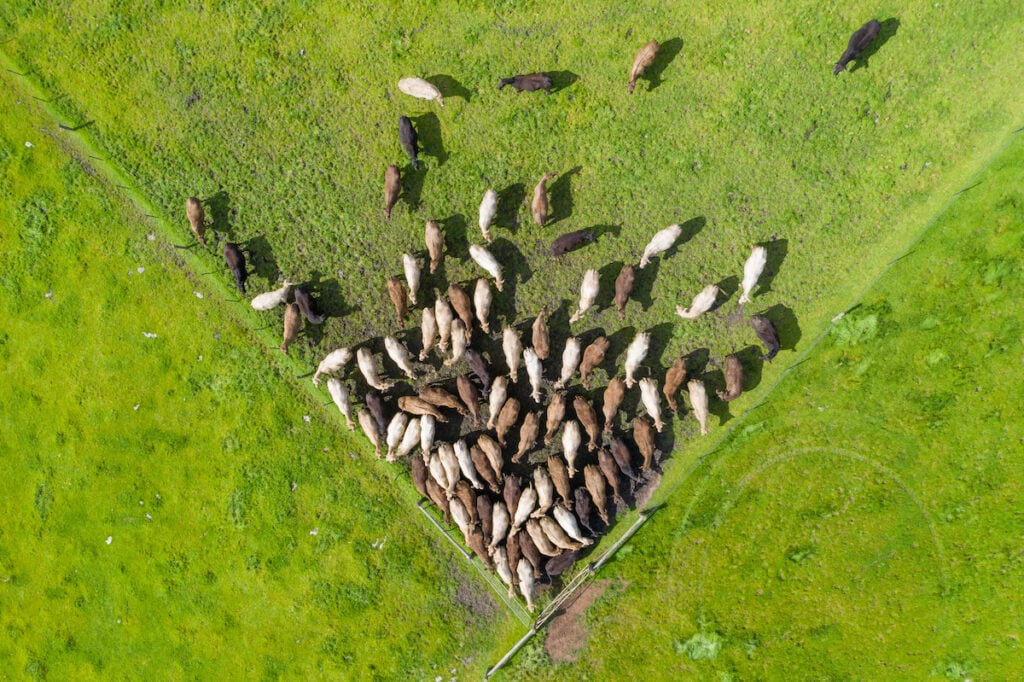
The Halo communications system by Elsight can be a vital link in the predicted expansion of Australia’s drone industry to 60 million flights a year by 2043 by providing complete connection confidence to the traffic management systems needed to ensure safety and for scalability of the industry.
With reliable connectivity, the Halo enables beyond line of sight (BVLOS) flights eliminating the need for person-based observers. In addition, the Halo system enables flying more drones per drone operator than existing systems. All these features move the needle in the UAV industry to truly ‘take off’.
Airservices Australia has released a report from Scyne Advisory which predicted an explosion in the use of drones for deliveries, mine inspections and even passenger transport such as taxi services by the late 2030s, as the drone industry matures over the next two decades.
The report, which said the number of drone flights would grow from 1.5 million this year to 60 million in 2043, was prepared to help Airservices Australia to “inform its plans for the future uncrewed aircraft system traffic management (UTM) system’’.
Elsight Chief Executive Officer Yoav Amitai said the company’s Halo system was already an enabler for unmanned vehicle traffic management systems being developed by companies in other parts of the world.
“Halo provides real-time data from the field to the control towers to facilitate traffic management,’’ said Mr Amitai said, adding that complete connection confidence was crucial to beyond the visual line of sight unmanned vehicle operation.
“We don’t want to think about the consequences if just one of those missions lost communication for any reason. Our Halo prevents this from happening,’’ Mr Amitai said.
Elsight’s Halo creates a bonded tunnel of the multi-links available from LTE, 5G, SatCom and RF communications to assure continuous uptime and connection between a drone (UAV or UAS) and the ground control systems.
In stationary, portable, or mobile positions, the Halo can hold up to 4LTE/5G modems and optionally RF and SAT links via an ETH/UART port.
The secured bonded pipeline magnifies the connection’s reliability while improving data transmission. The proposition was proven during last year’s Optus outage when Sphere Drones empowered by Halo’s connectivity maintained their flight continuity during a trial of its Curo HubX product in a remote location in NSW.
The Skyne report found most companies based in Australia were looking to invest and grow their drone fleets by two to five times over the next five years.
Over the next two decades growth would be focused in densely populated areas.
The report predicted goods deliveries would reach 46 million flights or about 70% of drone flights. Increasing payload capacity would unlock key use cases like last-mile parcel delivery.
There would be almost 1 million passenger transport flights annually by the 2040s, 1.5 million food deliveries, 310,000 drone flights to support frontline policing, more than 3.5 million flights to monitor protected areas and wildlife and half a million flights to support the mining industry, the report said.
As Australia prepares for a rapid expansion of its drone industry over the next five years, Mr Amitai said from both a safety and economic perspective, people loomed as the biggest barriers. “Safety wise, humans are the ones who make the mistakes,’’ Mr Amitai commented. “Economically, the use of employees becomes the main cost which makes our Halo the perfect business driver in the market.’’
“Having a robust and reliable tech stack that will enable various applications to scale will be the main factor determining whether Australia can get to 60 million drone flights by 2043 as predicted,’’ concluded Mr Amitai.










